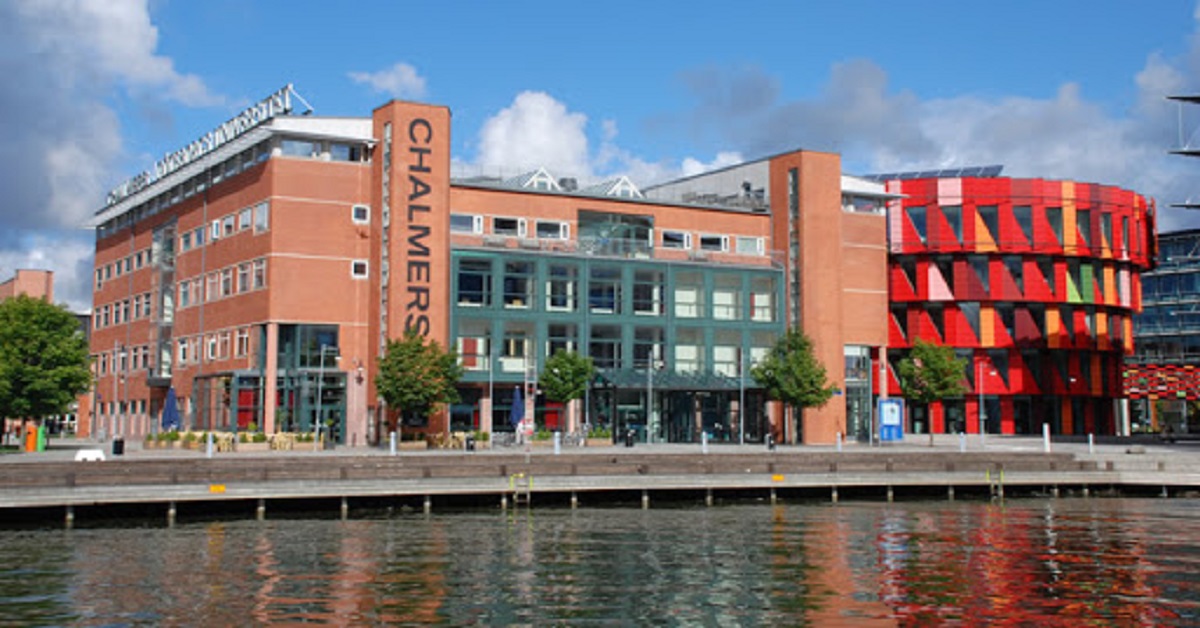Ref REF 2023-0678
The division of Engineering Education Research is looking for a highly motivated postdoctoral researcher studying the use of Artificial Intelligence (AI) in Higher Education, in particular within STEM (Science, technology, engineering and mathematics). As a successful candidate, you will be working in a stimulating interdisciplinary environment with a vibrant and supportive community of scholars and the intellectual freedom to develop your own perspective and innovative ideas within a cutting-edge field.
About the position
Artificial intelligence (AI) plays an increasingly important role in higher education. It has gained particular traction through the launch of OpenAI’s ChatGPT in November 2022. This seemingly opens up a multitude of opportunities and new challenges for learners, educators and institutions. The potentially disruptive impact of generative AI is subject to intensive discussion in academia and the public. However, more empirical research is needed to support or reject the various claims made about AI in education.
For this postdoctoral position, we seek applicants that address this gap. We invite project proposals, which use or develop established theories in social and educational sciences, and adopt an empirical focus ranging from student and/or teacher perspectives to the institutional level.
Possible interesting areas of research include but are not limited to (1) research attending to student and teacher practices and experiences in response to wider adoption of generative AI in teaching and learning (2) research adopting a critical lens to explore intended as well as unintended effects of AI adoption in higher education. To address the proposed research questions, we welcome quantitative, qualitative and mixed-method approaches alike.
Major responsibilities
As a postdoctoral scholar you are expected to be a highly active member of the Engineering Education division and the Digital learning and teaching research group in particular. In addition, in collaboration with colleagues you will be expected to seek external funding for research to enable the establishment of a future research platform involving your own as well as other’s research. Finally, depending on your research experience and research interests, you will have the possibility to supervise masters’ students (comprising < 10% of your time) and be involved in some minor teaching engagements (< 5% of your time).
Qualifications
The successful applicant has a Ph.D. degree in a field that is relevant to the research project described in their proposal/application (e.g. Applied IT, Education Science, Educational Psychology). The degree must not have been obtained more than three years before the application deadline for this position (not counting potential exempt periods, such as sick leaves, parental leaves etc.).
The applicant must have:
• Knowledge of and experience in applying quantitative and/or qualitative research methods (to the extent that this is relevant to the proposed project).
• Excellent verbal and written communication skills in English.
• A strong publication record in highly ranked journals/conferences relevant to the field of research.
• Excellent ability to collaborate with colleagues and external partners.
It is meritorious if the applicant has a higher education teaching diploma/equivalent.
Additional meritorious qualifications include:
• Participation in international research networks within the research area.
• Experience working with students and/or teachers in close-to-practice educational research.
Contract terms
This postdoc position is a full-time temporary employment for two years.
We offerChalmers offers a cultivating and inspiring working environment in the coastal city of Gothenburg.
Read more about working at Chalmers and our benefits for employees.
Chalmers aims to actively improve our gender balance. We work broadly with equality projects, for example the GENIE Initiative on gender equality for excellence. Equality and diversity are substantial foundations in all activities at Chalmers.
Application procedure
The application should be marked with Ref 20230708 and written in English. The application should be sent electronically and be attached as PDF-files, as below. Maximum size for each file is 40 MB. Please note that the system does not support Zip files.
CV: (Please name the document as: CV, Surname, Ref. number) including:
• CV, include complete list of publications
• Previous teaching and pedagogical experiences
• Two references that we can contact.
Personal letter: (Please name the document as: Personal letter, Family name, Ref. number)
1-3 pages where you:• Introduce yourself• Describe your previous research fields and main research results• Describe your future goals and future research focus
Mandatory research proposal:
In addition to the CV and the personal letter, each applicant is required to submit a tentative project proposal of no more than three A4 pages, excluding references. The document should be titled “Project proposal”. The proposal should articulate – in very broad terms – the kind of research project the applicant would be interested in conducting and why (focusing on the purpose, methods, possible results and the significance of those results in view of the state of the art of the relevant research field). Please use the button at the foot of the page to reach the application form. The files may not be compressed (zipped).
Other documents:
• Attested copies of completed education, grades and other certificates.
Use the button at the foot of the page to reach the application form.
Application deadline: 2023-12-22
For questions, please contact:
Christian Stöhr, Communication and Learning in Science
christian.stohr@chalmers.se
*** Chalmers declines to consider all offers of further announcement publishing or other types of support for the recruiting process in connection with this position. ***
Chalmers University of Technology conducts research and education in engineering sciences, architecture, technology-related mathematical sciences, natural and nautical sciences, working in close collaboration with industry and society. The strategy for scientific excellence focuses on our six Areas of Advance; Energy, Health Engineering, Information and Communication Technology, Materials Science, Production and Transport. The aim is to make an active contribution to a sustainable future using the basic sciences as a foundation and innovation and entrepreneurship as the central driving forces. Chalmers has around 11,000 students and 3,000 employees. New knowledge and improved technology have characterised Chalmers since its foundation in 1829, completely in accordance with the will of William Chalmers and his motto: Avancez!
